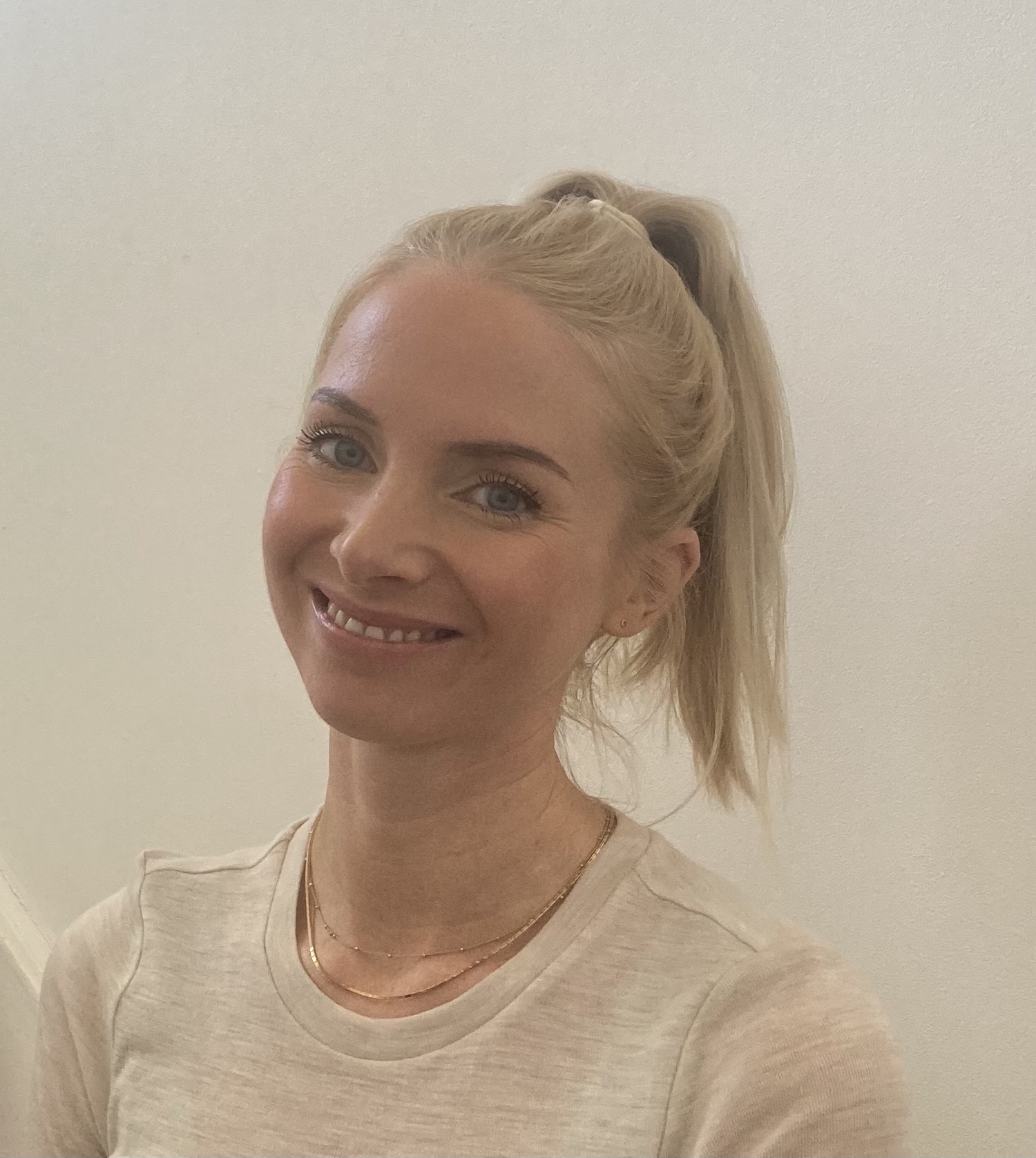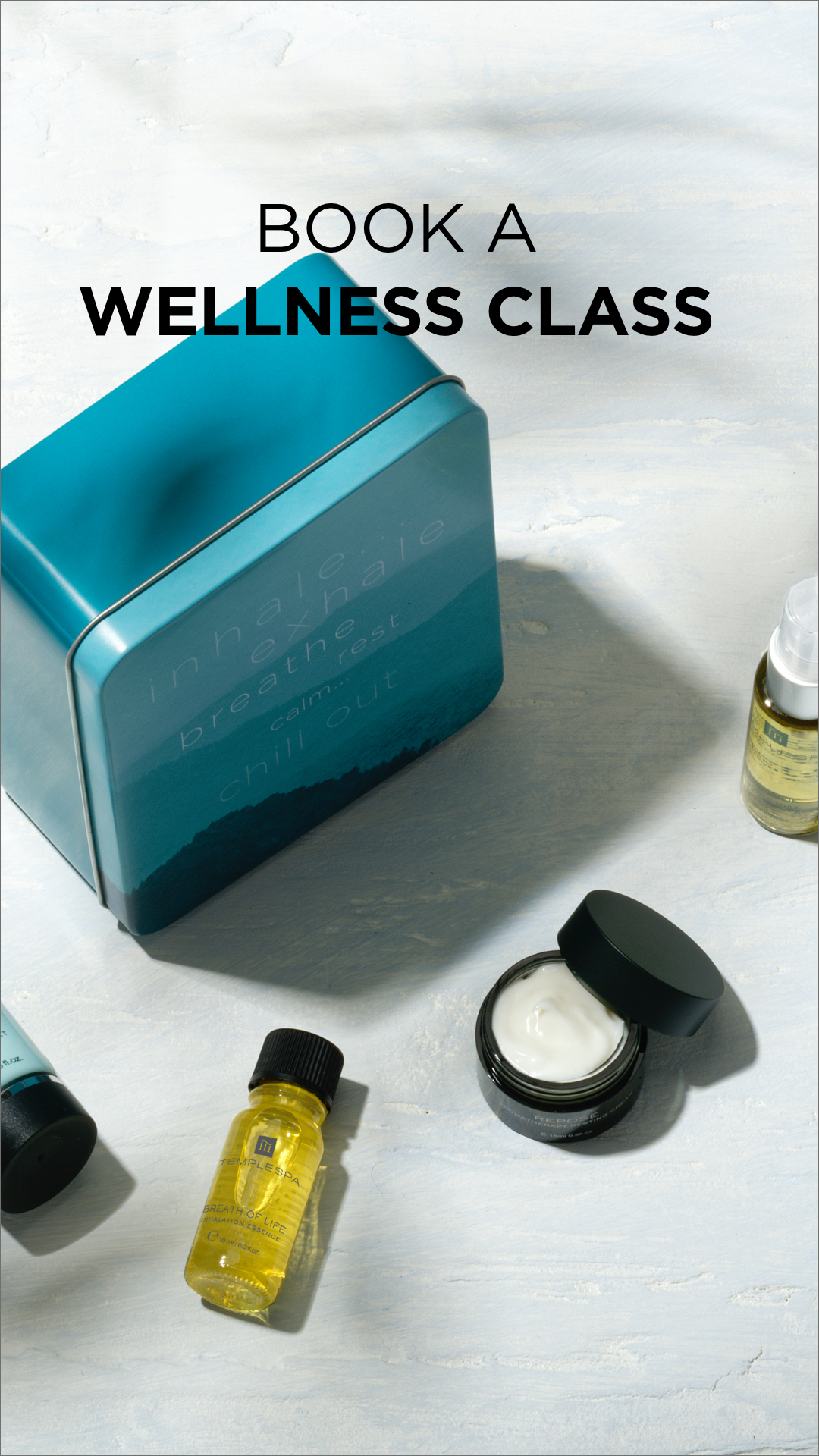Nutrition and Hydration Week 11-17 March
 World Sleep Day 15 March
World Sleep Day 15 March
The views/advice expressed within the content are solely from the experts and do not reflect the opinions and beliefs of the WI.
Connie Bedford
Sleep is as essential to our physical and mental well-being as the food we eat and the air we breathe. Yet, in our over-caffeinated, stressed-out and tech-driven world, almost one in five people are not getting the recommended 7-9 hours of sleep for adults. Matthew Walker, neuroscientist and author of Why We Sleep, speaks of a silent sleep-loss epidemic which “is having a catastrophic impact on our health, our life expectancy, our safety, our productivity and the education of our children”. Beyond World Sleep Day (15 March 2024) - with this year’s theme Sleep Equity For Global Health – take time to reflect on the importance of sleep on overall health. Women, Black, Asian, other minority ethnic adults and LGBT+ adults are disproportionately likely to experience poor sleep due to social inequality (Mental Health UK).
- Food and beverages
Avoid large meals and beverages, spicy and high-fat/protein foods late at night to decrease the likelihood of acid reflux (indigestion/heartburn). Avoid caffeinated drinks (coffee, cola, certain teas), and foods containing the stimulant caffeine (chocolates) at least 4-6 hours before bedtime. Lack of sleep can increase appetite, reduce the level of satiety, resulting in cravings, potential weight gain over time, and increased risk for type 2 diabetes. Beware that evening alcohol consumption can be linked to frequent wakings and less restful sleep.
- Physical activity vs. inactivity
Lack of exercise is associated with insufficient sleep. Try to include at least 30 min of moderate-intensity activities (brisk walking, dancing) during the day. Incorporating cardio, strength, balance and flexibility can help improve overall mobility and fitness. Regular movement is needed to ward off the risks of ill health due to the effects of prolonged sedentary behaviour.
- Stress Management
Practice stress reduction techniques like calming, sleep-inducing breathing practices, gentle yoga stretches that address ‘tension hotspots’ in the body, progressive muscle relaxation; mindfulness, meditation, journaling, gratitude practice.
- Bedtime routine
A good bedtime routine starts in the morning: natural light exposure (ideally 30-60 min in the morning) is key to normalize our body’s daily natural rhythm. Establish a sleep schedule: go to bed and wake up at the same time each day. Limit daytime naps to 20 min. Reduce exposure to electronic devices for at least two hours before bedtime, find calming activities.
Shakespeare described sleep as ‘nature’s soft nurse’. Women’s sleep patterns vary due to a variety of factors, including hormonal fluctuations during menstruation, pregnancy, menopause; caregiving responsibilities; work-related stress and societal expectations. It’s essential to prioritize good sleep hygiene and appropriate interventions. If required, seek medical advice to address any sleep-related concerns.
Debi Cale
Debi Cale (DipNT, mBANT, mCNHC) is a registered Nutritional Therapist, working predominantly in Fertility, Hormones and Women’s Health.
Five top tips for better hydration and sleep through nutrition
- Keeping hydrated
Drinking enough water sounds very basic but it is a really important area to focus on. The body, on average, is made up of 60% water. Drinking water regularly keeps every cell, organ and tissue in the body working as it should. Being well-hydrated keeps us alert, our energy will fade when we don’t drink enough water. By the time we feel thirsty, our body is already dehydrated. Try to drink at least 2 litres of water throughout the day. This can be simple tap water, cordials, herbal or fruit teas, coconut water or decaffeinated drinks.
- Water-rich foods
If you find it hard to drink enough water, why not add in some water-rich vegetables and fruits to your diet? Cucumbers are the most water-abundant food and a good snack to enjoy. As the name suggests, watermelon also has a high level of water content. Both watermelon and cantaloupe melons are approximately 90% water. Courgettes, celery, lettuce, peaches, strawberries and tomatoes are high in water content too. The water from fruits and vegetables is full of important minerals that help keep your electrolytes balanced and body hydrated.
- Limit caffeine
Caffeine can dehydrate the body and it has a long half-life, meaning it takes a long time until it is out of your system. You can still enjoy a cup or two but maybe have them a little earlier in the day, before midday if possible. There are lots of great decaffeinated alternatives now. Dandelion coffee tastes similar to an instant coffee and yet is caffeine free and dandelion supports healthy kidney and liver function. A lemon and ginger tea is anti-inflammatory and great for your digestive health. Try making it yourself with a fresh lemon, some grated ginger and a teaspoonful of honey if you prefer it sweet.
- Getting a good night’s sleep
The body’s natural sleep hormone is melatonin, which should be highest at night time to help you get a restful sleep. To support melatonin production you can include some foods that are naturally rich in melatonin in your diet. Melatonin is found in tart cherries, goji berries, kiwi fruit and pistachio nuts. Try having some of these foods each evening to support your body before bedtime. A glass of tart cherry juice made up like a cordial with hot or cold water makes a lovely evening drink before bed. Being in a dark bedroom also promotes the production of melatonin. Watching screens like the TV, phones and tablets just before bed can deplete levels so try to avoid these a couple of hours before bed, as hard as that can be.
- Magnesium-rich foods
Magnesium is often referred to as nature’s tranquiliser because it helps calm the nervous system, which in turn helps with deeper sleep. Magnesium-rich foods include whole wheat, oats, dark chocolate mango, cantaloupe melon, pear, rhubarb, avocado, oily fish, nuts and seeds. Eat these in your diet regularly to help you get better quality sleep.
Hannah Clark
 Naturopathic Nutritional Therapist
Naturopathic Nutritional Therapist
Top 5 Culprits Behind Sleep Struggles
In today’s fast-paced world, many struggle to get the restorative sleep they need for optimal health and well-being. Various factors can disrupt our sleep patterns, from disruptive technology to underlying health issues. Let’s delve into the top five reasons people struggle to sleep.
- Disrupted Circadian Rhythm
Issue: Our bodies operate on a natural internal clock known as the circadian rhythm. This rhythm regulates the sleep-wake cycle, signaling when it’s time to sleep and when to wake up. Disruptions to this cycle, such as irregular sleep schedules and not receiving natural daylight, can wreak havoc on our ability to fall asleep and stay asleep.
Approach: Just 5 minutes of natural daylight in the morning can be enough to set your circadian rhythm.
- Excessive Blue Light Exposure
Issue: In today’s digital age, screens are ubiquitous. However, blue light can interfere with the production of melatonin, the hormone that regulates sleep. Blue light is needed during the daytime to regulate our sleep/wake cycle.
Approach: Avoiding screens for 1 hour before going to bed can help to improve sleep quality.
- Underlying Health Issues
Issue: Certain medical conditions, such as insomnia, restless leg syndrome, hormone imbalances and anxiety, can significantly impact sleep quality.
Approach: If you’ve been diagnosed with a medical condition, a holistic healthcare practitioner can help to create a naturopathic diet and lifestyle plan to address your health concerns from the root cause, empowering you with tools to support your own health and well-being.
- Nutritional Deficiencies
Issue: Nutrition plays a vital role in overall health, including sleep quality. Deficiencies in key nutrients such as magnesium, vitamin D, and B vitamins are linked to sleep disturbances.
Approach: Understanding your individual deficiencies allows you to proactively improve your sleep quality and overall health. Identifying deficiencies is not always simple and requires a holistic understanding to determine root causes.
- Suboptimal Sleep Environment
Issue: Creating a sleep-conducive environment is crucial for a restful night’s sleep. Factors include noise, light, temperature, and mattress quality.
Approach: Optimising your sleep environment enhances your chances of falling asleep faster and staying asleep throughout the night.
Sleep is essential for overall health and well-being, yet many struggle to achieve the recommended amount of rest each night. Prioritising sleep is an investment in your physical, mental, and emotional well-being, small changes can have a big impact.
Cara Lanario
Essential elements of skincare that support the maintenance of healthy, glowing skin are wellness and hydration. Beyond topical treatments, holistic practices that address internal and external factors affecting skin health are included in the relationship between wellness and skincare. In particular, hydration is essential for preserving the elasticity, integrity, and general appearance of the skin. People can attain the best possible skin health and vitality by emphasising their hydration and using a wellness-focused skincare regimen.
 Hydration is crucial for skin health because it supports the skin's natural barrier function, which shields the skin from pollutants, environmental aggressors, and pathogens. Adequate hydration results in plump, smooth, and radiant skin, whereas dehydration can cause flakiness, dryness, and dullness. Additionally, hydrated skin is more supple and elastic, which lessens the visibility of wrinkles and fine lines.
Hydration is crucial for skin health because it supports the skin's natural barrier function, which shields the skin from pollutants, environmental aggressors, and pathogens. Adequate hydration results in plump, smooth, and radiant skin, whereas dehydration can cause flakiness, dryness, and dullness. Additionally, hydrated skin is more supple and elastic, which lessens the visibility of wrinkles and fine lines.
It's critical to include both external and internal hydration techniques in your skincare routine to maintain optimal hydration levels. Maintaining skin hydration from the inside out depends on drinking enough water throughout the day to stay hydrated. Although it's generally advised to consume eight glasses of water or more each day, each person's requirements for hydration may differ depending on their age, weight, degree of activity, and environment.
Applying hydrating skincare products to your skin on the outside can aid in regenerating and nourishing the skin's moisture barrier. To keep your skin hydrated all day, look for products made with hydrating ingredients like hyaluronic acid, glycerin, ceramides, and natural oils. These ingredients draw in and hold in moisture. With its unique ability to hold 1000 times its weight in water, hyaluronic acid is a potent humectant that is used to plump and hydrate skin.
 Practices like frequent exfoliation and moisturization, in addition to using hydrating skincare products, can help enhance the hydration and texture of the skin. While moisturising helps to seal in moisture and stop transepidermal water loss, exfoliating helps to remove dead skin cells and pollutants, making it easier for hydrating ingredients to penetrate the skin.
Practices like frequent exfoliation and moisturization, in addition to using hydrating skincare products, can help enhance the hydration and texture of the skin. While moisturising helps to seal in moisture and stop transepidermal water loss, exfoliating helps to remove dead skin cells and pollutants, making it easier for hydrating ingredients to penetrate the skin.
Moreover, embracing lifestyle practices that enhance general well-being can also enhance the hydration and vitality of the skin. Skin health and hydration can be affected by behaviours like getting enough sleep, controlling stress, exercising frequently, and limiting alcohol and caffeine intake. Furthermore, preventing moisture loss and preserving skin hydration can be achieved by shielding the skin from sun exposure every day with sunscreen.
In conclusion, wellness and hydration are essential aspects of skincare that contribute to maintaining healthy, radiant skin. By prioritising hydration through both internal and external strategies and adopting a holistic approach to skincare that addresses overall wellness, individuals can achieve optimal skin health and vitality. A healthy, radiant complexion can be encouraged by incorporating skincare products that are hydrating.


